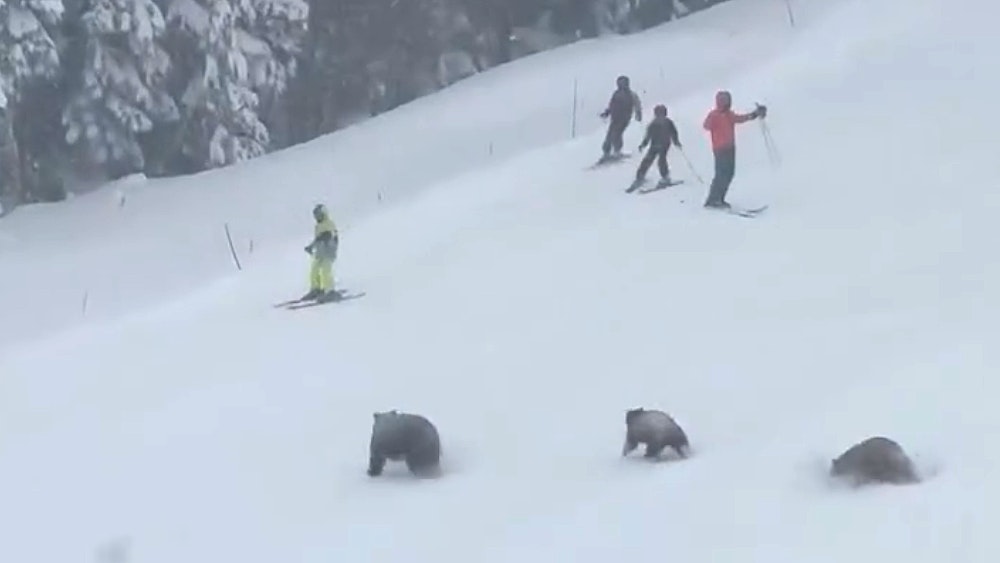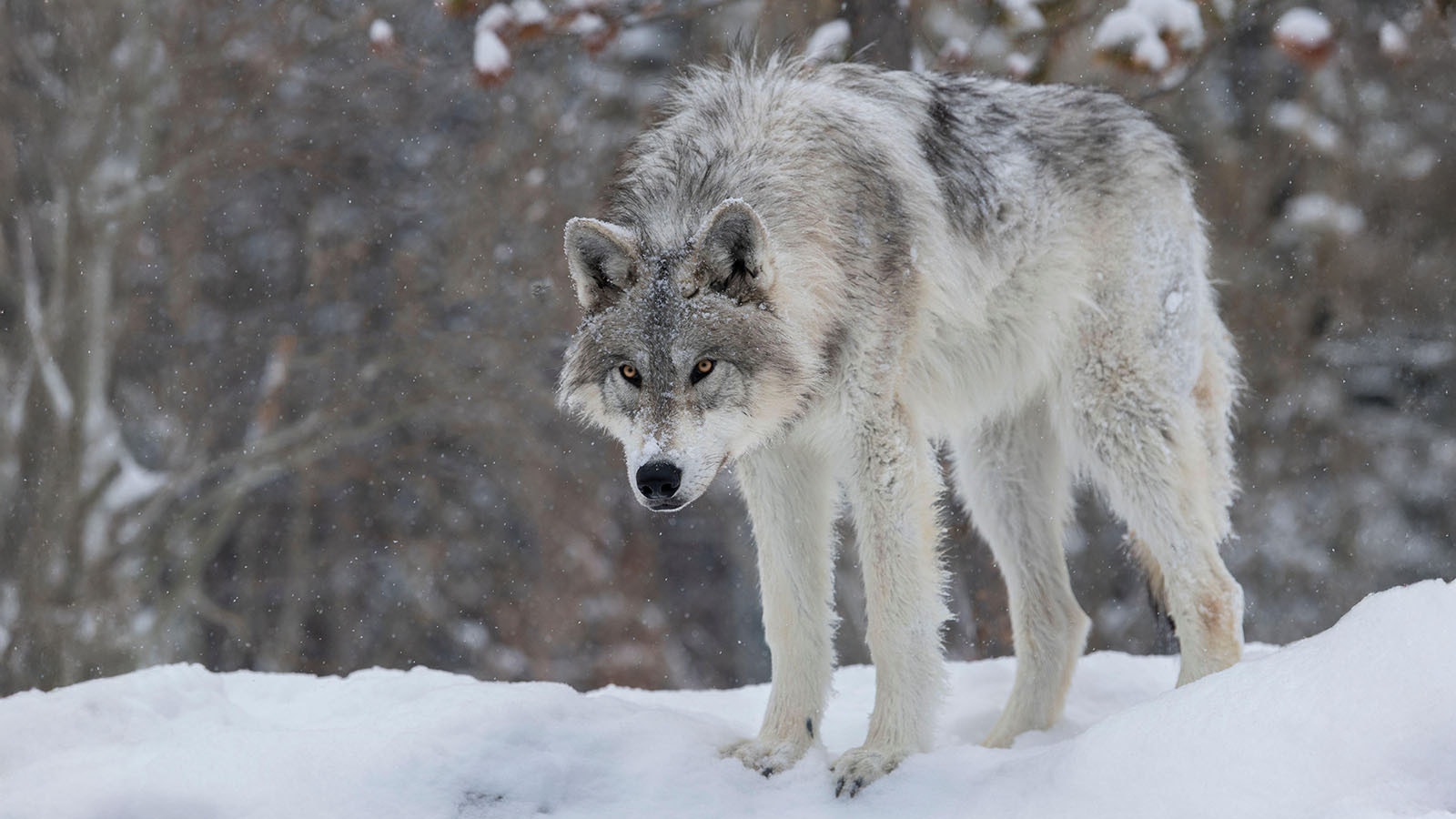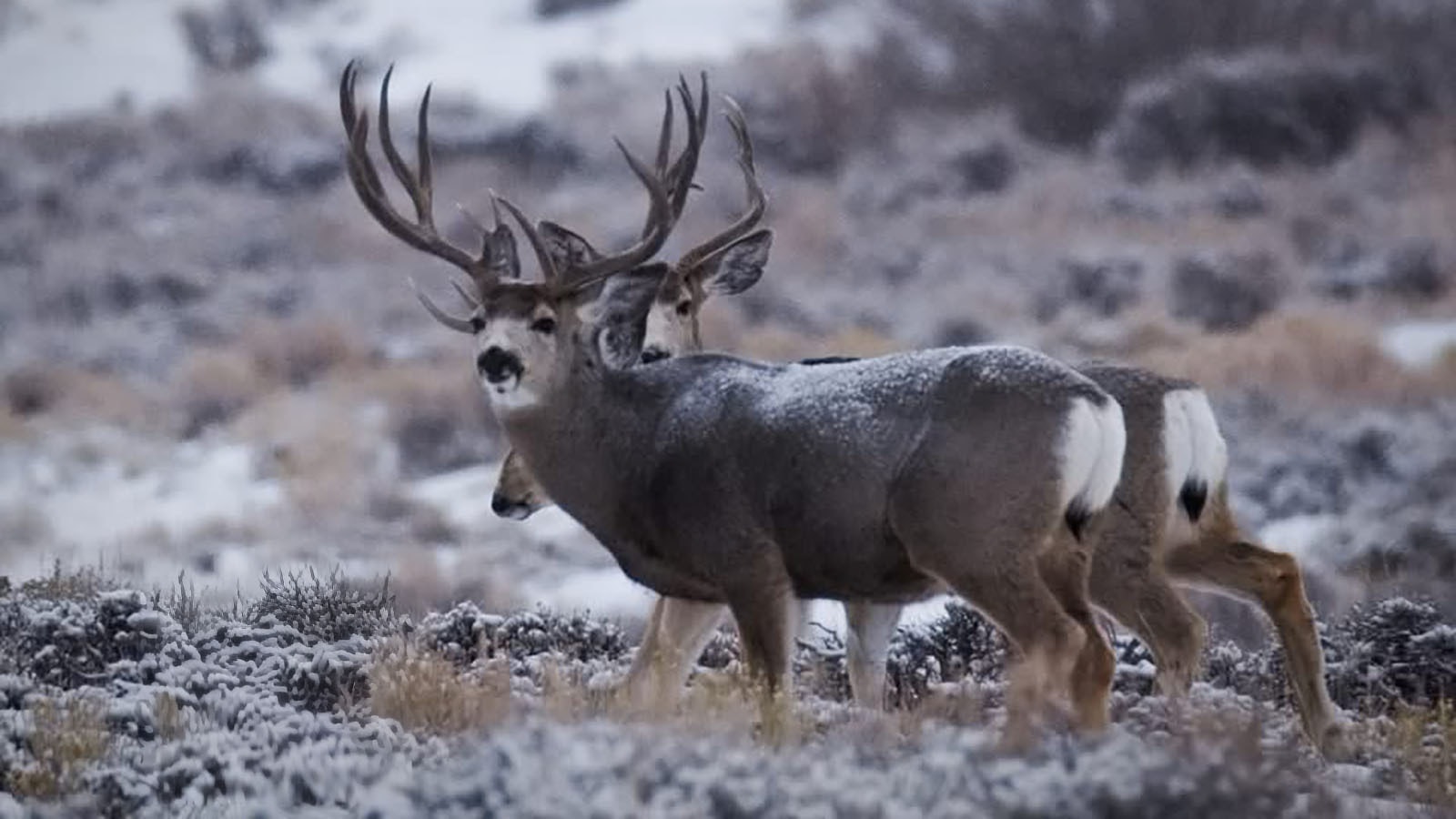A proposal to sell federal public lands included in a U.S. Senate bill has drawn widespread outrage from hunters and hunting-related conservation groups.
Two prominent outdoorsmen — Nate Martin of Laramie and Randy Newberg of Bozeman, Montana — told Cowboy State Daily that the land sales wouldn’t do hunters any favors.
“This is creating an entire new process and entirely new program that doesn’t involve public input, that doesn’t take into account hunting and fishing,” said Martin, widely known as the executive director of the legislative watchdog group Better Wyoming.
Wyoming is one of several Western states where potentially millions of acres of Forest Service and Bureau of Land Management (BLM) land could be put up for sale.
The proposed sale process is included in a budget reconciliation bill before the U.S. Senate Energy and Natural Resources Committee – chaired by Utah Republican Sen. Mike Lee.
It would exempt such places as national parks and national monuments from going up for sale.
Federal lands in Montana are also exempted from the bill.
But even as a Montana resident, Newberg, who has a huge following through his videos and other hunting-related media, said he still opposes it on principle.
He also frequently hunts and films hunting videos in Wyoming.
He said that places where he’s had some of his most memorable elk hunts, near Casper and in the Wyoming Range mountains, could potentially be sold off and closed to public access.
“My audience, my hunting, is all public lands hunting,” Newberg said during a telephone interview from Washington, D.C.
He was there monitoring progress of the proposed public land sales bill, noting that “part of what my audience expects of me” is monitoring and reporting on legislation that might affect them.
Hunting World Unites In Opposition
The public land sale proposal has drawn condemnation from across the hunting world. Prominent hunting and conservation groups such as the Rocky Mountain Elk Foundation, released statements opposing it.
The Wyoming-founded mule deer conservation group Muley Fanatic Foundation also came out against it.
"Public lands need to stay in public hands and the Muley Fanatic Foundation opposes anything or anyone that threatens our lands that we hold dear for personal use,” the group’s president and CEO Joey Faigl stated in an email.
“Selling off our lands without consulting the communities who use them will risk permanently losing the places we use for hunting, outdoor recreation, and so much more. It will also affect those traditions to be passed on to our future generations. The public land sales being included in the reconciliation needs to stop now,” he added.
The Boone And Crockett Club (B&C), the nation’s oldest fair-chase hunting and conservation group, also released a statement opposing the land sales.
B&C stated that frustration over the slow pace of public land sales and exchanges under current rules is understandable, but Congress is taking the wrong approach.
“We urge Congress to remove the land sale provisions from the bill and work instead to expedite routine transactions under existing laws,” according to B&C.
‘Dislike Of Public Lands’
Supporters say the land sales could clear a path for much-needed affordable housing developments in Western communities.
Newberg said he’s skeptical of that argument and thinks that the bill could be an attempt to fast-track land sales.
Lee is known for his “dislike of public lands,” Newberg said.
Martin said, as he sees it, the bill is trying to use land sales as a way to whittle away the federal deficit.
He’s also skeptical of claims that the land sales would end with parcels that don’t have much value to the public.
The real money would come from “nice pieces of mountain property that are good for building expensive homes,” he said.
And if getting more land for housing is the goal, there are already ways to do that, Martin said.
“I do know for a fact that the BLM and other federal land management agencies already have a process in place to dispose of the kinds of public lands that are appropriate for housing, that might be adjacent to municipalities,” he said.
And selling off small public land parcels in some areas could cut off access to vast areas currently used by hunters, Martin said.
“It doesn’t matter if it’s a huge swath of public land, or a 50-acre parcel that blocks the way into the huge swath. You still lose access,” he said.
Newberg encouraged Wyomingites to voice their opposition to the proposed public land sales to their Congressional delegates.
“Your delegation is cheerleading on it,” he said.
Delegates Weigh In
Wyoming Republican Congresswoman Harriet Hageman previously told Cowboy State Daily that she wasn’t certain whether she would support the measure if it reaches the House Floor.
She added that there has been widespread misunderstanding of the bill, which would focus primarily on small parcels of federal land in or near communities, suitable for development.
She said she’ll consider the measure “without prejudice” and based upon facts.
In an email to Cowboy State Daily from her office, Wyoming Republican Sen. Cynthia Lummis stated that the management of federal lands in rural states remains a steep challenge.
"I am still reviewing Sen. Lee's proposal; however, we must address the reality that federal ownership of nearly half of all Western land - close to or exceeding 50% in states like Wyoming, Nevada, and Utah - creates significant challenges for local communities, state governments, and efficient land management,” she stated.
“The federal government doesn't need to perpetually own every piece of land it currently holds, and we must have honest conversations about smart, strategic land management that serves our communities while protecting our natural treasures," Lummis added.
Wyoming Republican Sen. John Barrasso is also considering the measure in light of it putting only a fraction of Wyoming’s public land up for sale, spokeswoman Laura Mengelkamp said in an email to Cowboy State Daily.
“Senator Barrasso has always been supportive of federal land sales when they serve the interests of states, local communities and the public. The proposal under discussion impacts less than one percent of our federal lands. It gives states and local governments a voice in the decisions. Governor Gordon and local officials in Wyoming will play a significant role,” Mengelkamp stated.
“It’s important to note that this provision prohibits the sale of lands with special designations, such as national parks, national monuments, wilderness areas, or national recreation areas. It also prohibits the sale of any land where there is a valid existing right, and will protect mining claims, grazing permits, mineral leases, or rights of ways,” she added.
Mark Heinz can be reached at mark@cowboystatedaily.com.





